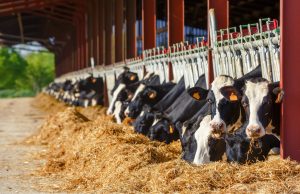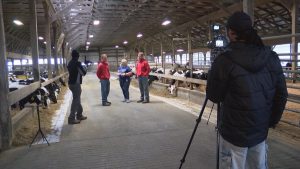
A dispute settlement panel earlier had found Canada was noncompliant with the United States-Mexico-Canada Agreement (USMCA) in its use of the quotas, unfairly limiting export opportunities for America’s dairy farmers and processors. Among other things, the proposed changes, released this week, would not allow U.S. exporters to ship directly to the lucrative retail sector ― a major concern for Edge’s members throughout the Midwest.
Background:“It’s clear that Canada is not seeking to provide actual market-based allocations,” Edge President Brody Stapel, a Wisconsin dairy farmer, said. “With passage of the USMCA, Edge was hopeful that the expanded quotas for dairy would get us closer to having real access to the Canadian market, including for high-value retail products. Excluding retailers from the new proposal will continue to keep out an important and growing segment of U.S. dairy. We urge the U.S. government to continue to work with Canada in seeking meaningful reforms that bring our important trading partner into compliance with its USMCA obligations.”
Under the USMCA, U.S. dairy producers were granted increased market access to Canada by way of preferential tariff rates for in-quota quantities of certain products. Less than a year after implementation of the agreement, the Biden administration requested a dispute settlement panel be established to consider Canada’s failure to comply with the dairy TRQ provisions.
The panel determined that Canada’s implementation of the TRQs restricted access of U.S. dairy products by setting aside quotas specifically for Canadian processors. Per the findings of the panel, Canada is required to come into compliance, and the country submitted the proposed changes to the U.S. government on Feb. 2. The proposal was not made public until this week.
The U.S. government is in the process of deciding whether the proposal brings Canada into compliance and has not indicated when there will be a decision on next steps.
























